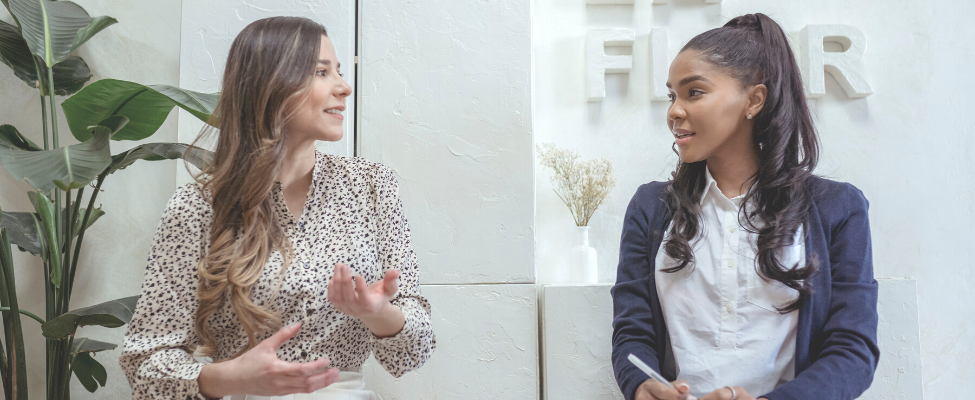
Preparing for a job interview can be daunting, especially if it’s your first interview! This guide will help you find the best preparation approach for your needs and make walking into that meeting room feel like a breeze.
Read on to see our tips below…
In order to prepare effectively for an interview, an excellent place to start is finding out which type of interview you have been invited to. There are different types of interviews; face-to-face, telephone, and video calls.
Research, research, research!
How you best showcase your skills and suitability for the job role in an interview depends on how well you research beforehand. It’s important this isn’t left until the last minute as proper research can take some time. In the days leading up to the interview, focus your research on the:
Practice makes perfect
It's a good idea to do at least one mock interview before the real thing. This will help you to practice your interview technique and see how you deal with unpredictable questions. You can also write and practice answers to common interview questions with someone you trust - possibly even recording yourself and then reviewing your performance.
On the day of the interview
Some things you should consider taking to your interview;
What you'll be expected to wear depends on factors such as the size of the company, the industry it operates in and the culture it promotes. For example, a small creative agency may have different standards than a major accountancy firm.
After the interview
As your job interview comes to an end, make sure you find out when you'll be informed of the outcome - and thank the interviewer for giving you the chance to attend. If you haven’t heard anything, be sure to follow up with your recruiter or hiring manager. In addition, if you are unsuccessful ask your recruiter why - what could you improve upon next time?